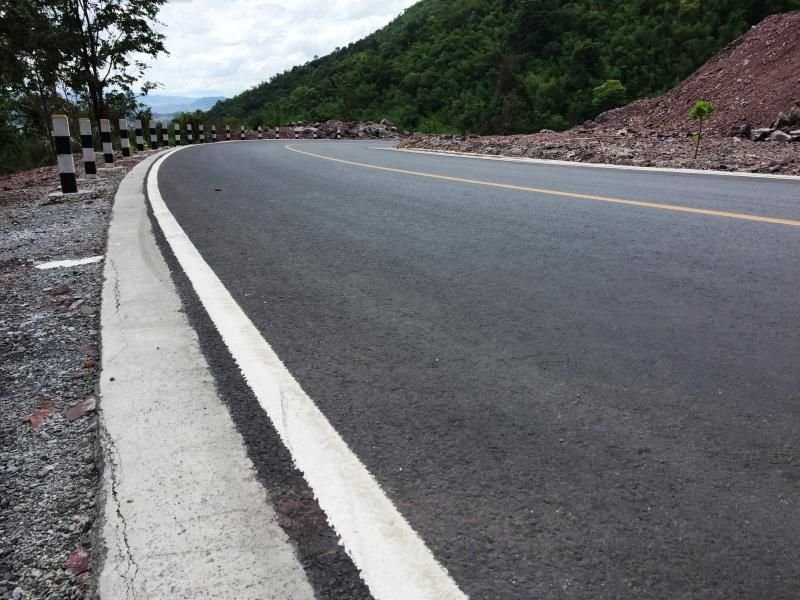National Road 13 North - Lao PDR - [NDF C110]

The Lao PDR - National Road 13 North - Climate Resilient Upgrade and Maintenance project will showcase best-practice climate-resilient road infrastructure for the most heavily trafficked road section in Lao PDR.
REGION
Asia
PROJECT REFERENCE
NDF C110
DURATION
2018 to 2023
NDF FINANCING
EUR 8 million
FINANCING TYPE
Loan
IMPLEMENTING AGENCY
World Bank, Asian Infrastructure Investment Bank, Ministry of Public Works and Transport
NDF CONTACT
Jesper Andersen (jesper.andersen@ndf.int)
Project Description
The project will finance the upgrade and maintenance of 58 km of climate-resilient national road from northern Vientiane to Phonhong. Today the road on this most heavily trafficked road section in Lao PDR is two-lane asphalt with low climate resilience, lacking road safety infrastructure and with sections of heavy congestion at peak travel times. The project will construct a climate-resilient road (cement concrete paving) where the design takes into account especially vulnerable sections, for instance, sections where flooding is recurring and expected to increase as a result of climate variability and climate change.
Lao PDR is a landlocked country heavily dependent on road transport for its economy; both in terms of imports and exports, and as a trade hub between China, Thailand and Vietnam. Roads are affected by, among other things, flash and back floods, extended dry and hot periods, and land/mud slides. These challenges limit people’s access to crucial services such as health care, education, and markets, which in turns impacts negatively on economic growth and social development. Women and girls are often particularly affected by, for example, the lack of access to health care, child care services and education given the more limited options that still exist for women in Lao PDR.
Project Objective
The general objectives to which NDF funding will contribute are improved and climate resilient road services and improved road safety on the most heavily trafficked part of National Road 13. The target is that the road will be accessible all year and that floods will not fully stop traffic at any point or during any time along the project road. This target will be achieved through a mix of climate-resilient design and construction, and climate-resilient performance-based maintenance.
The most heavily trafficked part of the project road will be broadened from 2 to 4 lanes to decrease congestion, thereby reducing CO₂ emissions and improving air quality while further improving accessibility even under difficult weather conditions.
The following outcomes are expected
-
All-year access to the project road through climate-resilient design, construction and maintenance.
-
Increased capacity among stakeholders, most notably the Ministry of Public Works and
-
Transport and local/regional contractors, on climate-resilient design, construction and maintenance as well as on Output and Performance Based Contracts (OPBRC).
-
Successful piloting of OPBRCs allowing more private sector participation in infrastructure investments.
-
Improved maintenance standards and processes allowing for better national road infrastructure asset management and thereby increasing the efficiency of expenditures allocated for maintenance and operation.
Innovation aspects
Through this project, proper climate resilience planning, design and works will be applied to the most heavily trafficked and important national road in the country. The project will use OPBRCs with greater involvement, including financing and risk-taking, of the private sector, as well as lending for climate resilience technical assistance.
Relevance for Climate Change
The project will climate-proof the economically most important road section in Lao PDR. According to the World Bank’s assessment and estimate, it is expected that the overall project will reduce CO₂e emissions by 188,137 tonnes over a 13-year evaluation period. It should be noted that NDF considers this to be an adaptation project and does not include mitigation in its Rio marker reporting.
Financing
The total project cost estimate is USD 128 million. NDF is providing almost USD 10 million in loan while the World Bank provides USD 40 million, AIIB USD 40 million and the government USD 38 million.

